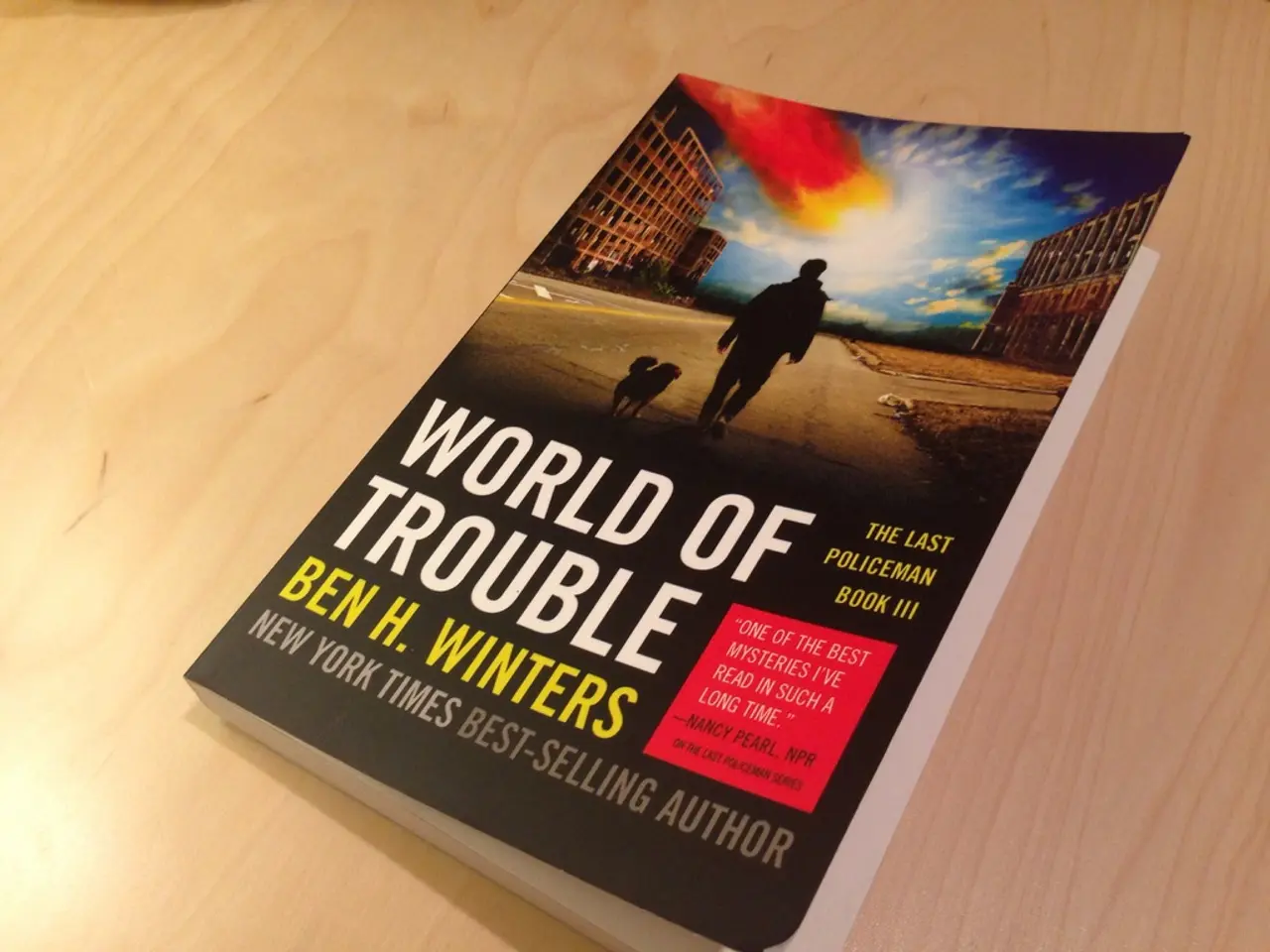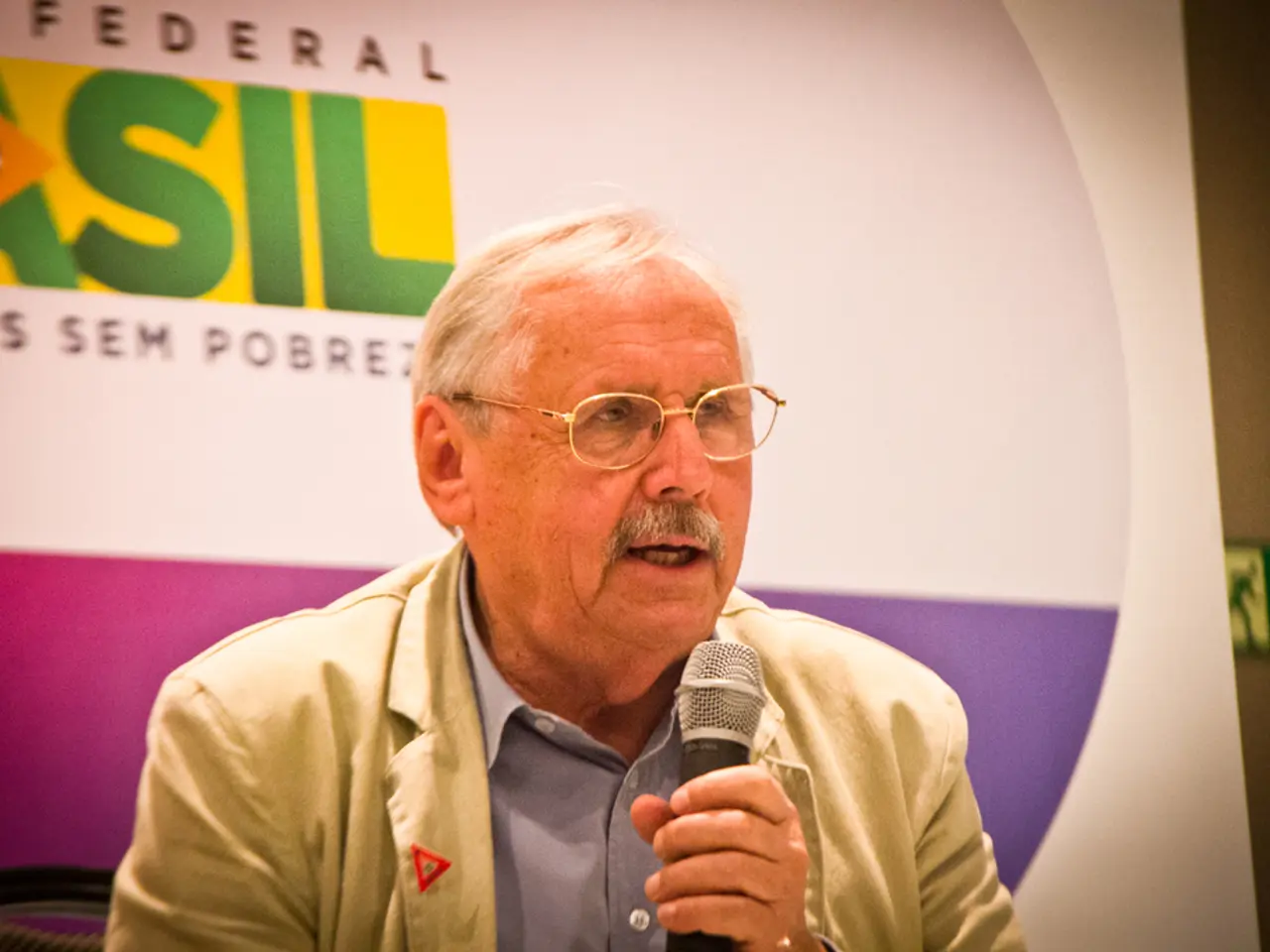Trump signs Fentanyl Act into law to halt the distribution and use of the potent opioid
The HALT Fentanyl Act, a significant legislative initiative aimed at addressing the growing fentanyl crisis in the United States, has been signed into law by President Donald J. Trump. The act carries several key implications and impacts, offering hope to families affected by the epidemic and strengthening law enforcement efforts against fentanyl traffickers.
## Significance of the HALT Fentanyl Act
The act permanently classifies illicit fentanyl knockoffs as Schedule I narcotics, aligning them with other dangerous drugs like heroin. This classification aims to close loopholes that traffickers might exploit and ensures that these substances are treated with the severity they deserve.
By making the classification permanent, the act provides law enforcement with stronger tools to prosecute fentanyl traffickers. This includes potential mandatory minimum prison terms for offenses involving these substances, akin to those for fentanyl analogues.
The HALT Fentanyl Act also streamlines the registration process for scientists studying fentanyl-related substances. This facilitates research by creating an alternative registration process for studies funded by agencies like HHS or VA or under an IND exemption from the FDA.
## Impact on American Families
The legislation is seen as a significant achievement for families affected by the fentanyl epidemic. It offers them hope by providing a framework for stricter enforcement and prosecution of traffickers, which can help mitigate the crisis.
The act is also intended to reduce the availability of illicit fentanyl on the streets, thereby decreasing the risk of overdoses and related deaths.
Crucially, the law ensures that FDA-approved fentanyl use for medical purposes remains legal and unaffected. This distinction is crucial for maintaining access to necessary pain management options while combatting illicit use.
## The HALT Fentanyl Act: A Bipartisan Effort
The HALT Fentanyl Act is a bipartisan effort supported across different levels of government. It symbolizes a commitment to addressing the drug crisis by balancing enforcement with the facilitation of scientific research.
The act's impact will be closely monitored as it plays out in law enforcement efforts and public health initiatives.
The signing of the HALT Fentanyl Act was attended by families who have lost loved ones to fentanyl, including Jackie Siegel, who lost her daughter and sister to drug overdoses. Anne Fundner, who lost her son to fentanyl, referred to the signing as a lifeline for families across America in keeping their families safe.
Greg Swan, another person who lost his son to fentanyl, expressed gratitude to President Trump for stopping border crossings. Swan used the phrase "mic drop" to express his appreciation for the President's actions against the fentanyl epidemic.
President Trump stated that the legislation delivers a defeat for drug smugglers, criminals, and cartels. He believes that his administration's efforts, including the HALT Fentanyl Act, are part of a larger strategy to combat foreign drug cartels.
The HALT Fentanyl Act is one of the many historic actions taken by the Trump Administration to combat foreign drug cartels. It marks a significant step in the ongoing fight against the fentanyl crisis, offering hope to millions of Americans whose lives have been affected by this epidemic.
The HALT Fentanyl Act, a bipartisan effort, provides a lifeline for families affected by the fentanyl epidemic by offering hope through stricter enforcement against traffickers and decreasing the availability of illicit fentanyl. This law, signed by President Trump, aligns illicit fentanyl knockoffs with other dangerous drugs in the Schedule I category, equipping law enforcement with stronger tools for prosecution and even potential mandatory minimum prison terms.
In the realm of politics and policy-and-legislation, the HALT Fentanyl Act is significant general news, NOT just crime-and-justice news, due to its impact on public health initiatives and its role in the broader strategy to combat foreign drug cartels.








